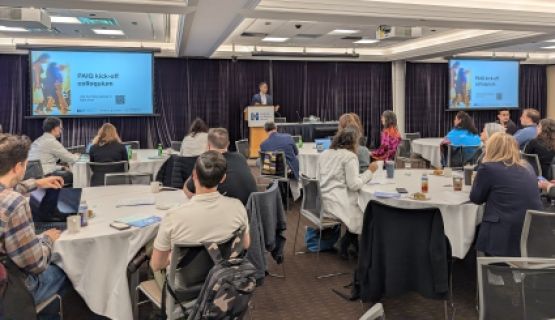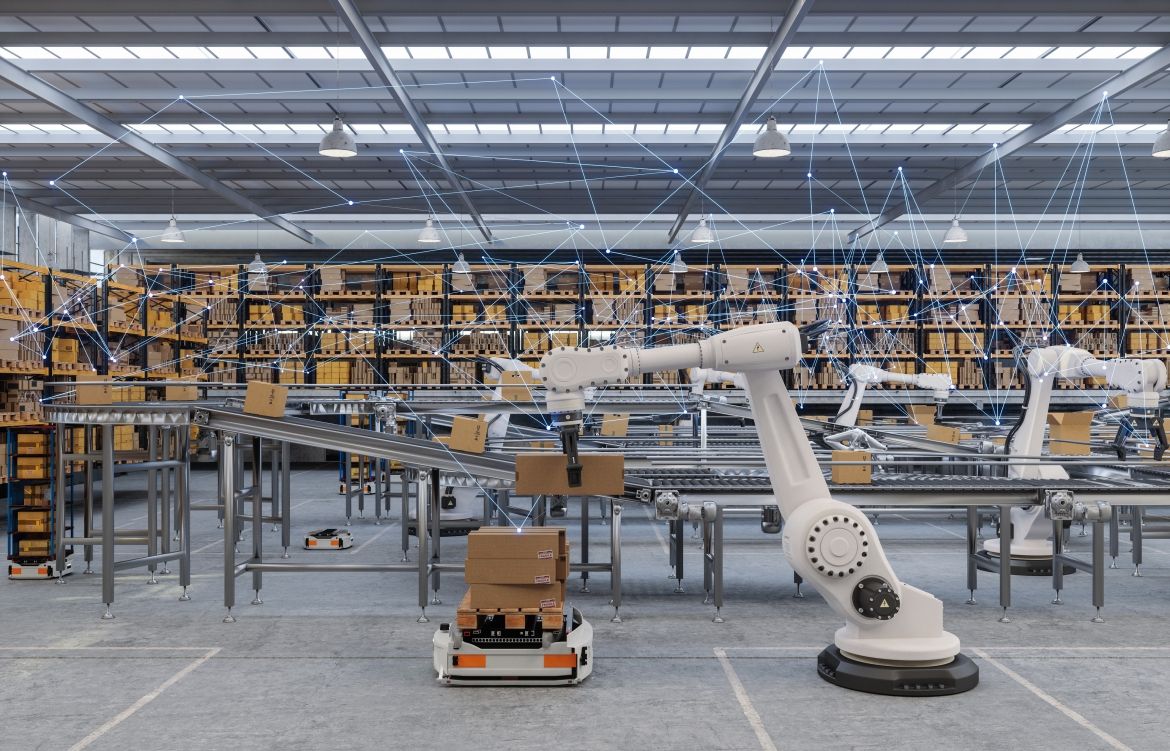Changing nature of work and future of work
Diverse forces are changing the nature of work, with the potential to both positively and negatively affect workers. For example, due to advances in digital technology, the shift to remote and hybrid jobs and the continued rise of gig and platform-based employment, changes are unfolding in what people do for work, and where and how they do it. Our research seeks to understand the impact of these changes on workers, and the workplace and system-level policies and practices to ensure the health, safety and inclusion of all workers, now and in the future.
Latest findings

AI and job quality project gathers partners to develop roadmap
As artificial intelligence (AI) becomes more integrated into workplaces, a new IWH project wants to ensure that job quality—and the health and safety of workers—remains a top priority.
Death rates are higher for workers in precarious and lower quality jobs
Death rates are higher for workers in lower-quality jobs. That’s according to an IWH study that explored whether job quality was linked to rates of death.
Differences in firm-level AI use for health and safety
To what extent are Canadian workplaces using artificial intelligence (AI) to help support workers’ health and safety? And what do these workplaces have in common? An IWH study surveyed firms across Ontario and British Columbia to find out.Featured tool
Featured article

